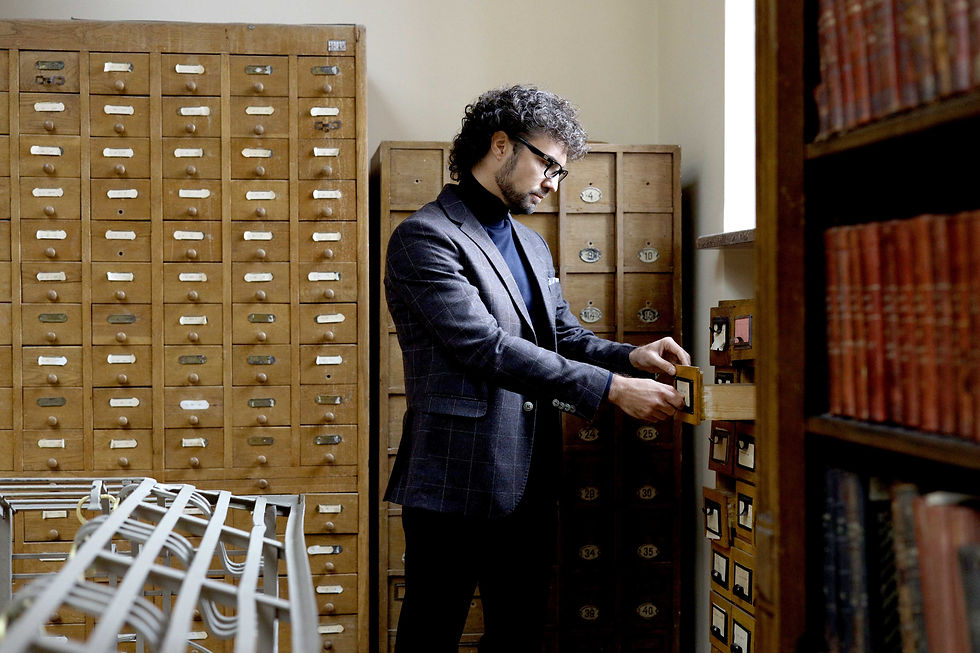Be Bible Christians, not system Christians!
- Richard Brash

- Nov 2, 2020
- 2 min read
Systematic theology doesn't always get a great press. For some Christians I know, it sounds like a process of putting things in unhelpfully-labelled boxes, and -- more often than not -- trying to squeeze square pegs into round holes.

Things aren't helped by some of our greatest forebears. When I told a friend of mine that I'd written a book for Christians who might not be convinced that systematic theology has much to offer them, he pointed me to this quote from Charles Simeon of Cambridge (1759-1836):
"God has not revealed his truth in a system; the Bible has no system as such. Lay aside system and fly to the Bible; receive its words with simple submission, and without an eye to any system. Be Bible Christians not system Christians."
Simeon was one of the most influential evangelicals of his day, and he left a legacy of commitment to expository preaching of the Bible which persists to this day. We have a lot to be thankful for in Simeon.
But in this case, is he right?
One of the ideas underlying my book Knowing Me, Knowing God: Six Theological Keys to Scripture is that we can't really avoid a system. We humans are created to think systematically. Everyone has a system: the question is not, "Do we need one?" but "Is mine any good?"
In fact, thinking systematically about God's revelation to us is one of the two principal ways in which we can (and should) interpret the Bible. In Knowing Me, Knowing God I call these two "chrono-logic" and "theo-logic." In a 2019 article, theologian Vern Poythress seems to talk about something very similar: he calls them "dynamicities" and "stabilities." As Poythress says, "[n]either is conceivable apart from the other."
The names aren't so important. In the simplest terms, one represents the Bible's story: this is sometimes called "biblical theology." The other represents the Bible's worldview, and the relationships between the Bible's "characters": this, I suggest, is the main object of systematic theology.
One aspect of these two that Poythress develops which I don't go into in Knowing Me, Knowing God is the grounding of both of these in God himself, and with equal priority. "God," says Poythress, "is both stable and dynamic." So we should expect to find a dual - and mutually-enforcing - approach to God's written word to be the most fruitful way of understanding the Bible.
What does this mean in practice? When we read, study, apply, and teach the Bible, Poythress says that we incorporate both "showing" (by means of story) and "telling" (by means of descriptions and assertions about the characters in the story).
The latter is what I mean by "system." And the crucial point it's no less "biblical" than the "story."
Simeon sets up a false dichotomy.
I'm a certain-kind-of-system Christian because I'm a Bible Christian.
Comments